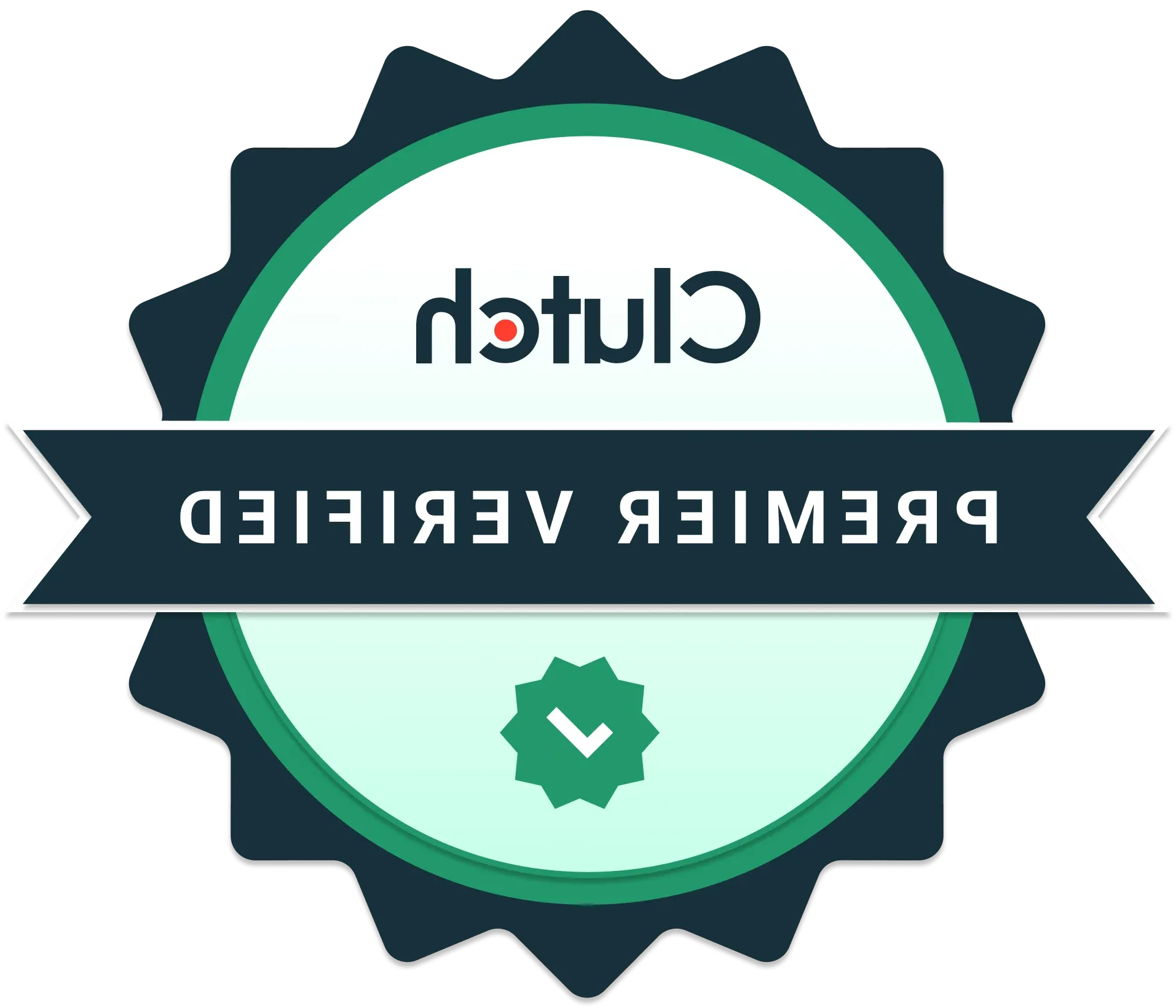The decision to hire an in-house recruiter is important for your business, shaping the future of an organization’s workforce. As companies grapple with the complexities of talent acquisition, understanding the nuances of in-house recruitment versus alternative methods becomes crucial. This article delves into the pros and cons of hiring an in-house recruiter, offering business leaders a comprehensive guide to make informed decisions. By weighing the benefits of deep company integration and direct communication against potential challenges like increased overheads and scalability issues, executives can align their recruitment strategy more effectively with their overarching business goals.
What is An In-House Recruiter?
In-house recruitment refers to the process where a company employs its own internal team to manage and execute the hiring process, as opposed to outsourcing these tasks to external agencies or firms. This approach involves a dedicated team or individual within the organization who is focused on identifying, attracting, and hiring talent to fill various roles across different departments. The key characteristic of in-house recruitment is its integration within the company, allowing recruiters to develop a deep understanding of the company’s culture, values, and specific talent needs. This method is particularly beneficial for organizations that prioritize maintaining a consistent company culture and require recruiters to have an intimate knowledge of the company’s long-term goals and operational nuances.
WHAT IT IS: An in-house recruiter is a dedicated professional within a company responsible for managing the entire recruitment process, from identifying candidate requirements to hiring, ensuring alignment with the company’s specific needs and culture.
Why Hire an In-House Recruiter?
The decision to manage recruitment internally can have significant implications for a company’s success in talent acquisition and retention. Here are advantages of in-house recruitment:
1. Alignment with Company Culture and Vision
An in-house recruiter possesses an intrinsic understanding of the company’s culture, ethos, and long-term vision, enabling them to identify candidates who are not just skilled but also culturally fit. This alignment ensures that new hires are more likely to integrate seamlessly into the team, share the company’s values, and contribute to its overarching objectives. By understanding the subtle nuances of the company’s work environment and expectations, in-house recruiters can significantly reduce the likelihood of cultural mismatches.
2. Improved Candidate Experience and Employer Branding
In-house recruiters can offer candidates a more personalized and engaging experience throughout the hiring process. This approach contributes to positive employer branding, as candidates often equate their recruitment experience with the company’s overall work culture. A recruiter who is deeply embedded in the company can provide detailed insights into the company’s ethos, working style, and growth opportunities, creating a more compelling and authentic narrative for potential hires.
3. Potential Cost-Effectiveness in the Long Run
While hiring an in-house recruiter may involve high upfront costs, it can potentially be more cost-effective in the long term compared to relying on external recruiting agencies. Recruiting agencies typically charge a percentage of the new hire’s salary, which can add up, especially for multiple hires. In contrast, an in-house recruiter is a fixed cost, leading to potential savings if the company is large and requires hires many employees.
4. Consistency in Hiring Standards and Processes
Having an in-house recruiter allows for greater consistency in the recruitment process. They can develop and maintain standardized sourcing strategies, interviewing, and evaluating candidates, ensuring a uniform and fair hiring practice. This consistency is crucial for maintaining the quality of hires and can help in building a strong, cohesive team.
5. Deep Knowledge of Roles and Internal Needs
In-house recruiters develop a deep understanding of the roles within the company and the specific skills and attributes required for each position. This knowledge enables them to create more accurate job descriptions, ask more relevant interview questions, and make more informed hiring decisions. They are also better positioned to anticipate future hiring needs based on company growth and internal movements, allowing for more strategic workforce planning.
6. Stronger Internal Relationships and Collaboration
An in-house recruiter can build strong, long-term relationships with department heads and teams, gaining a comprehensive understanding of their unique needs and challenges. This rapport can lead to more effective collaboration in identifying the right candidates and addressing department-specific staffing needs. Furthermore, the recruiter can play a vital role in internal mobility, helping existing employees transition to new roles within the company, thereby fostering employee growth and retention.
KEY TAKEAWAY: An in-house recruiter is not just a mediator in the hiring process but a strategic partner who aligns recruitment with the company’s broader goals, ensuring a workforce that is not only skilled but also culturally cohesive and deeply integrated into the company’s vision.
Disadvantages of Hiring an In-House Recruiter
While in-house recruitment offers numerous benefits, it’s essential to recognize the potential drawbacks that businesses may encounter. Here are several disadvantages that companies should consider:
1. Higher Initial Costs
Implementing an in-house recruitment process can be costly upfront. Unlike external agencies where the cost is variable and tied to hiring success, an in-house recruiter involves fixed costs such as salary, benefits, training, and recruitment tools. For small or medium-sized businesses, these expenses can be significant, especially when the volume of hiring does not justify a full-time recruiter.
2. Limited Expertise and Resources
In-house recruiters may lack the extensive network and specialized expertise that external agencies possess. Agencies often have access to a broader talent pool, including passive candidates, and may have specialized knowledge in recruiting for niche roles or industries. An in-house team may also lack the latest tools and technologies for efficient recruitment, which can be costly for a company to procure and maintain.
3. Risk of Recruitment Tunnel Vision
Recruiters working within the same company for an extended period may develop a tunnel vision, relying on familiar strategies and networks. This situation can lead to a lack of innovation in sourcing and engaging with new talent pools, potentially missing out on exceptional candidates who could bring fresh perspectives to the company.
4. Challenges in Scalability
In-house recruitment teams may struggle to scale up their efforts during periods of rapid growth or mass hiring. Unlike external agencies that can allocate more resources as needed, an in-house team may become overwhelmed, leading to longer hiring times and potential declines in the quality of hires during peak hiring periods.
5. Increased Workload During Hiring Surges
In-house recruiters might face an unsustainable workload during hiring surges, which can impact the quality of their work. This increased pressure could lead to rushed decisions, less thorough vetting of candidates, and ultimately, a higher risk of poor hires which can be costly to the company in the long run.
KEY CONSIDERATION: While in-house recruitment can bring invaluable insights and consistency to the hiring process, companies must weigh the potential limitations in expertise, resources, and scalability, ensuring they choose a recruitment strategy that aligns with their growth trajectory and business needs.
Alternatives to In-House Recruitment
While in-house recruitment has its merits, it’s important to explore alternative recruitment strategies that might better align with a company’s specific needs, especially when facing limitations like resource constraints, global hiring challenges, or the need for niche expertise. Here are several alternatives to in-house recruitment, each offering unique advantages:
1. Outsourcing to Recruitment Agencies
Recruitment agencies specialize in talent acquisition and often possess a wide-reaching network of potential candidates. They can provide access to passive candidates and bring industry-specific expertise, especially beneficial for niche roles or sectors. Outsourcing to these agencies can be a cost-effective solution for companies without the resources to maintain an in-house recruitment team, offering flexibility and scalability during varied hiring phases.
2. Freelance Recruiters
Hiring freelance recruiters can be an excellent option for companies needing temporary recruitment support, particularly during peak hiring periods. Freelancers offer flexibility and can bring fresh perspectives and diverse sourcing strategies. They typically work on a project basis and can be a more budget-friendly option compared to full-time in-house recruiters or large agencies.
3. Recruitment Process Outsourcing (RPO)
RPO providers manage the entire recruitment process for an organization, from job posting to onboarding. This option offers a more integrated approach than traditional agencies, often embedding their team within the client’s company to align closely with their culture and processes, providing a holistic and strategic approach to talent acquisition.
4. Utilizing Online Job Boards and Platforms
Platforms like LinkedIn, Indeed, and Glassdoor allow companies to post job openings and search for candidates independently. This approach is cost-effective and can be particularly useful for startups or small businesses. While it requires more hands-on involvement from the company, it offers direct access to a vast pool of candidates.
5. Employee Referral Programs
Implementing an employee referral program leverages the networks of current employees. It’s a cost-effective method that often leads to hires who are a good cultural fit and have higher retention rates. Employees who make successful referrals can be rewarded, helping to boost morale and engagement within the company.
6. Internal Recruitment and Promotions
Looking within the organization for potential candidates for new roles can be an effective strategy. Internal recruitment promotes employee growth and development, increases retention, and ensures that hires are already aligned with the company culture. This approach is particularly effective for filling mid-level and senior positions.
7. University Recruitment and Internship Programs
Establishing relationships with universities and offering internship programs can be a fruitful long-term strategy. It allows companies to tap into emerging talent, bringing in fresh ideas and perspectives. Internship programs also provide a pipeline for future full-time positions, with interns who fit well with the company culture potentially becoming valuable employees.
8. Utilizing Professional Networks and Social Media
Engaging with professional networks and social media platforms can be an effective way to connect with potential candidates. Platforms like LinkedIn allow for networking and direct outreach to passive candidates. This approach requires an active effort in building and maintaining professional relationships but can uncover high-quality candidates who may not be actively seeking new roles.
Conclusion
In conclusion, the decision to hire an in-house recruiter is nuanced, with significant advantages such as enhanced alignment with company culture, cost-effectiveness over time, and improved candidate experience, balanced against challenges like higher initial costs, limited scalability, and potential for recruitment biases. Businesses, particularly those at a pivotal growth stage, must carefully evaluate their unique needs, resources, and long-term objectives when considering in-house recruitment. Whether opting for an in-house team or an external agency, the goal remains consistent: to build a talented, diverse, and effective workforce that propels the company forward. For organizations seeking tailored recruitment strategies that align with their specific goals, exploring options like 1840 & Company can provide valuable insights and solutions in navigating this complex landscape.







